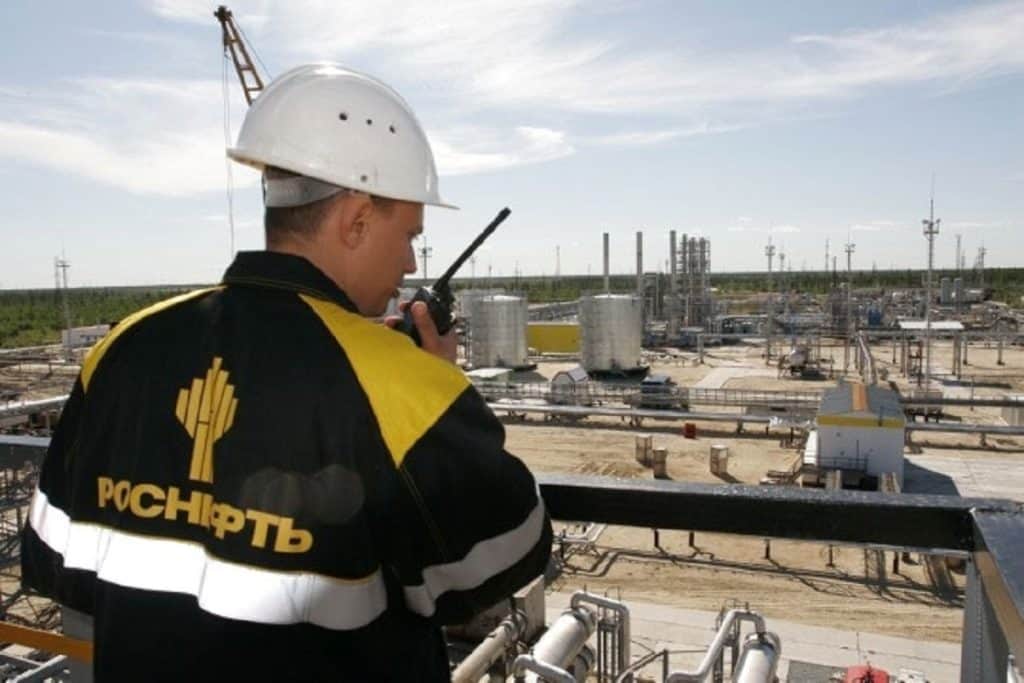By Denis Korkodinov
Moscow’s policy was in a very vulnerable position due to internal disagreements associated with a sharp decline in world oil prices. Regional players and influence groups began to use the situation in Russia to significantly strengthen their positions in the international arena.
The dramatic changes in the Russian-Saudi dialogue that occurred as a result of Riyadh’s initiative to sell “black gold” at dumping prices significantly weakened Moscow’s desire to build strong relations with the countries of the Greater Middle East and Asia in the hope that they would form a stable “axis of resistance” “The policy of the administration of the White House and the European Union.
It is worth noting that at a certain stage in history, Moscow really needed help from the Saudis, who helped it to ease the economic situation in 2014 due to international sanctions imposed as a result of the annexation of Crimea. In this regard, the Kremlin created privileged conditions for Riyadh, guaranteeing the Saudis participation in projects related to joint development of the Arctic, the implementation of defense orders, and oil refining. On the whole, this allowed Moscow to reduce the economic pressure exerted on it as a result of the Crimean Spring.
Among other things, in 2016, Moscow agreed to join the OPEC agreement to reduce oil production. This was an extremely disadvantageous agreement for Russia. But she was forced to do this in order to strengthen her confidence in Saudi Arabia. In addition, Riyadh compensated Moscow for the costs incurred as a result of the reduction in production of “black gold”. In confirmation of this, about 30 memorandums of understanding were signed between Vladimir Putin and King Salman in 2019, totaling more than $ 2 billion.
Russia still holds the view that it urgently needs support from Saudi Arabia, as well as China, Turkey, Iran. However, the sharp drop in oil prices and the spread of coronavirus have made significant adjustments to Russian plans. All countries of the world have actually become isolated from each other, as a result of which they have to rely solely on their own forces and capabilities. In addition, Russia has been overly carried away by internal constitutional transformations, which makes it very vulnerable to geopolitical and geo-economic shifts.
In this regard, Russia has decided to refuse to participate in the OPEC + agreement and begin to increase the pace of oil production. Such a decision was first brought to the attention of the international community by Russian Minister of Energy Alexander Novak during the OPEC meeting in Vienna. This caused disappointment on the part of Saudi Arabia, which hoped to continue cooperation with Moscow on the same terms.
The Russian decision was primarily due to the position of the chairman of Rosneft, Igor Sechin, and Russian President Vladimir Putin, who came to the conclusion that a sharp decline in world prices would make illiquid production of shale oil in the United States. As a result of the American boycott of the Nord Stream-2 oil pipeline, Moscow was extremely interested in causing a painful blow to the Washington economy, primarily through price manipulations. However, the consequences of the strike could be fatal for Moscow.
(The views expressed in this article belong only to the author and do not necessarily reflect the views of World Geostrategic Insights).







